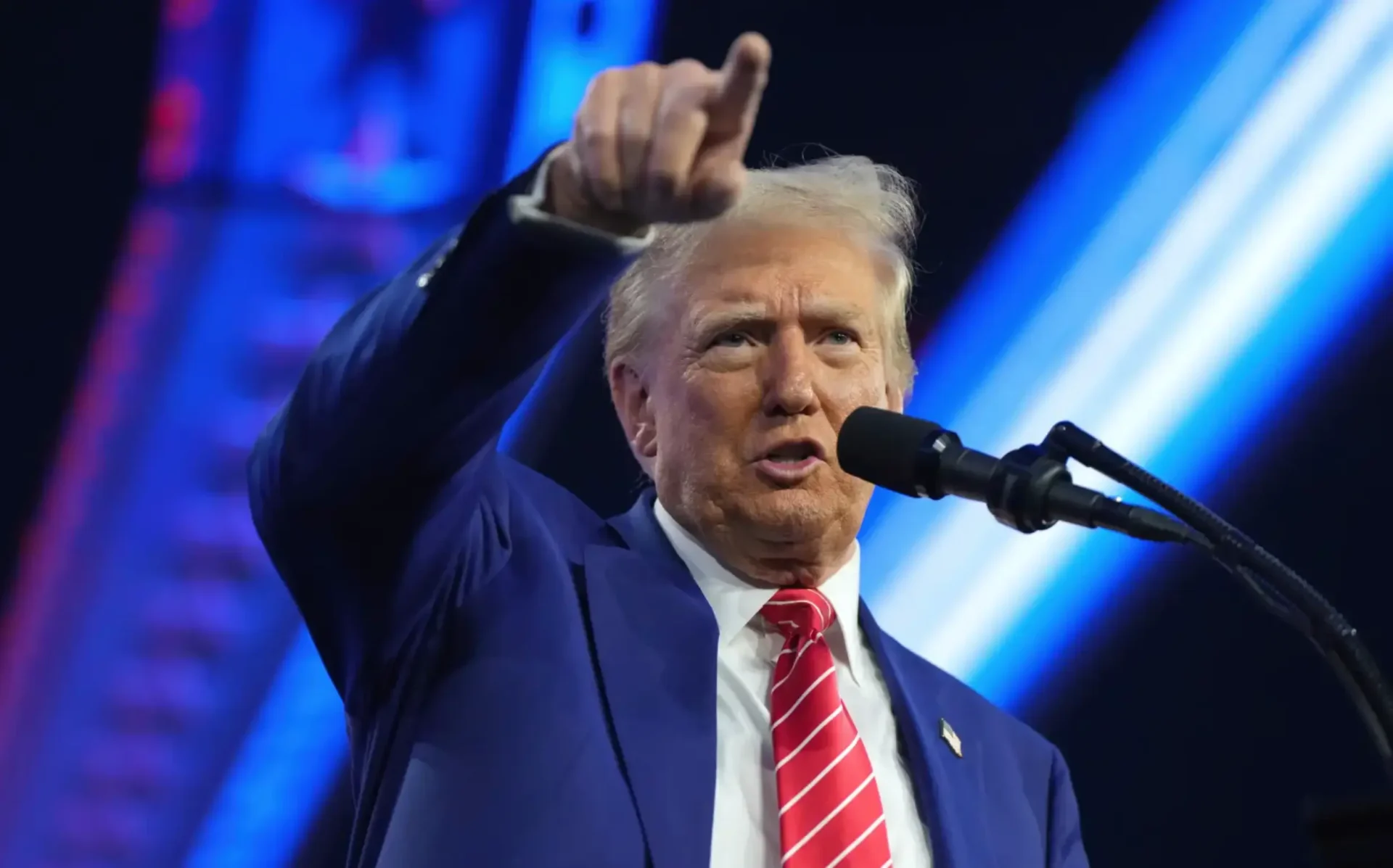The narrative of Trump and his close collaborators includes distinct substantive positions on issues such as migration, wars, taxes, and China, among others. However, when it comes to execution, there will be severe limits to implementing real change.
The pertinent issue for this article is the potential impact of these unfulfilled promises on Trump’s popularity. Will his voters be upset? No. To understand this, we must first examine why populists like Trump garner significant support from the citizenry.
Trump’s voters are only marginally interested in his promises. This type of politician thrives because they act as spokespeople for the anger felt by a significant portion of the population against everything they perceive as the cause of their predicament. Since this majority lacks a microphone or TV camera to voice their resentment, they find an outlet in Trump’s aggressive rhetoric against the political elites, institutions, the press, and businesses—the establishment. These politicians captivate not because voters expect meaningful changes in substantive areas of development or their lives, but because their primary role is to “lash out” at the establishment.
Despite the noise, theatrics, and grandiose promises, these politicians have no real intention of altering the status quo. Their goal is to remain popular. The priority is to say what people want to hear, regardless of whether it is a lie, financially unfeasible, or impeded by the Constitution or international treaties. What a large segment of the public craves are vulgar and coarse epithets aimed at the establishment, not analyses of current conditions, root causes, or potential policies for improvement. Politics based on rigorous diagnostics, coherent programs, parties, and conceptually defensible proposals is, for this broad sector of voters, boring, irrelevant, and unnecessary.
For populist politicians, lies and vulgarity are not tools to defend a program; vulgarity is the program. Insolence and crudeness, already improper practices, cease to be mere means and become intrinsic components of politics when the ultimate goal is popularity. Such politicians cannot abandon their coarse language and aggressiveness, as they would lose their role as the spokesperson for public anger—a fundamental mechanism for rallying many of their followers (though not all, of course).
These politicians are part of the economic and social establishment in their countries. They live in luxurious hotel complexes or million-dollar mansions and govern to benefit the wealthy through low taxes, crony contracts, privatizations, or relaxed environmental regulations. Yet this contradiction also does not matter to their voters; what matters is that they continue railing against the establishment.
The next question is why such prominent anger leads to the election and support of politicians who do not improve their countries. This can first be attributed to the unfulfilled promises of neoliberalism. This model was advocated with enormous force and consistency. In Latin America, it was supported by sectors interested in privatizations and market liberalization, by the most influential media, and by traditional political leaders. The supposed magic of trade liberalization, privatizations, price deregulation, and foreign investment was hyped incessantly. The model was touted as a panacea for economic woes. Anyone who questioned its merits was branded a communist, a Hugo Chávez sympathizer, or an obstacle to progress. The propaganda surrounding this supposed miracle was so pervasive that public expectations reached unattainable levels. The miracle did not occur. A sector of the population, faced with dashed hopes, is now angry.
In the United States, the fall of the Berlin Wall and the collapse of the Soviet Union were also heralded as the beginning of a new era and the end of history. Allegedly, the legendary dilemma between freedom and inequality had been resolved in favor of a system that reconciled both goals. This promise also went unfulfilled: inequality increased, the number of people living in poverty grew by 50%, and significant industrial sectors were decimated by free trade policies. The stage was set for cynical spokespersons of the resulting anger to seize power.
The second explanation for widespread discontent lies in the information age. Unlike any previous era in human history, today’s information tools reveal how the wealthiest live. Despite growing economic divides, access to information has become more egalitarian. People now know not only how the wealthy live but also how their riches persist despite questionable business practices. In the U.S., it is well known that many financial sector magnates whose greed caused the 2008 crisis continued to rake in annual earnings exceeding $100 million, while financial institutions were bailed out by government intervention instead of collapsing under market forces.
The broken promises of neoliberalism and widespread access to information about wealth disparities likely explain much of the public’s anger. However, justified or not, anger is a poor guide for making electoral or policy decisions. This anger reveals a large segment of the population uneducated about their serious responsibilities in a democratic regime.
Furthermore, an electoral victory or favorable polls do not validate lies as truth or corrupt acts as ethical. Trump and other populists should temper their celebratory attitudes, remembering instances when, according to their own critiques, majorities have been wrong. For example, if Trump considers the U.S. political establishment (“the swamp”) guilty of serious errors, he must also acknowledge that electoral majorities do not automatically validate the correctness of their platforms, since that same establishment was elected by majorities. Does Trump believe majorities justify his actions and proposals only when they support him, but not when they supported other parties with their own electoral successes and favorable opinion polls?
In conclusion, populist politicians should be cautious in claiming truth lies on their side simply because majorities back them. Citizens, too, must realize that the solution to their problems lies not in choosing leaders who channel their anger but in electing serious, knowledgeable politicians who respect the truth.
*Machine translation proofread by Ricardo Aceves.













